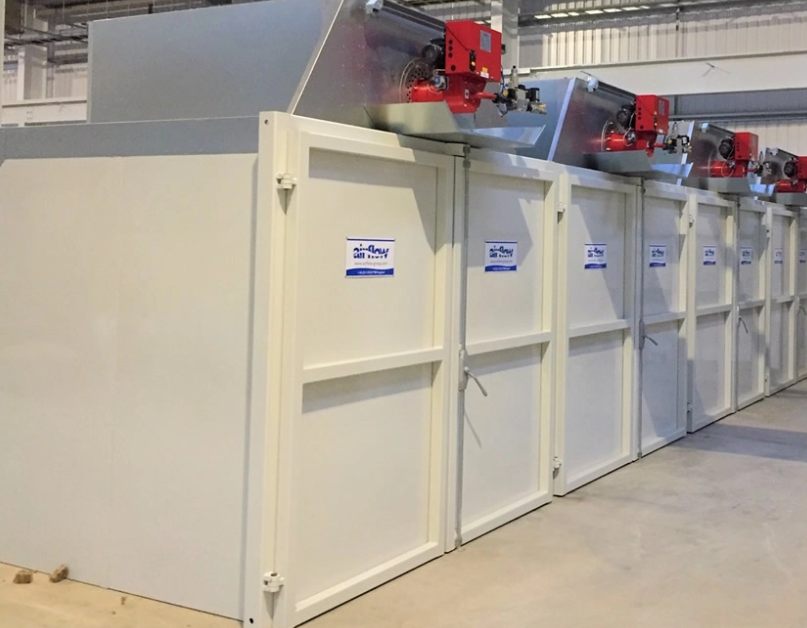Industrial ovens play a crucial role in the efficient and accurate testing of various materials, including soil testing machinery and other related equipment. To guarantee precision and reliability in the output, it is imperative to ensure the safety of these essential components within your facility. From implementing standardized protocols to leveraging cutting-edge technologies, safeguarding industrial oven operations is a key priority for any organization that values quality, accuracy, and safety in their manufacturing and testing processes.
Ensuring Safe Industrial Oven Operations: Key Strategies and Best Practices
Regular Maintenance and Inspection Protocols
- Implementing a stringent maintenance schedule to detect and address potential issues promptly.
- Conducting comprehensive inspections to identify any signs of wear and tear in the oven components.
- Prioritizing the replacement of faulty parts and ensuring that all safety mechanisms are functioning optimally.
Compliance with Industry Standards and Regulations
- Staying updated with the latest industry regulations to ensure adherence to safety and quality standards.
- Integrating safety guidelines from reputed organizations to fortify operational protocols.
- Establishing a culture of compliance within the organization to prioritize safety and quality assurance.
- Employee Training and Education
- Conducting regular training sessions to educate employees about the safe operation of industrial ovens.
- Creating comprehensive manuals and guidelines for employees to refer to during operations.
- Promoting a culture of awareness and responsibility among all staff members to minimize risks and accidents.
Integration of Advanced Monitoring Systems
- Incorporating state-of-the-art monitoring systems to track and analyze the performance of industrial ovens in real-time.
- Investing in advanced technologies such as temperature sensors, automated controls, and emergency shutdown mechanisms for enhanced safety.
- Leveraging data analytics to predict and prevent potential operational hazards before they escalate.
- Emergency Preparedness and Contingency Planning
- Developing comprehensive contingency plans to address unforeseen events or emergencies during oven operations.
- Conducting regular drills and simulations to prepare employees for emergency situations and equip them with the necessary skills to handle critical scenarios effectively.
- Establishing clear communication channels and protocols to ensure swift and coordinated responses during crises.
FAQs
Q1: How often should industrial ovens undergo maintenance checks?
Regular maintenance checks should be conducted at least once every quarter, with additional inspections based on the intensity of usage and specific industry standards.
Q2: What are some common safety features to look for in modern industrial ovens?
Some essential safety features include temperature regulators, emergency shut-off mechanisms, ventilation systems, and integrated alarms for critical malfunctions.
Q3: How can industrial oven safety contribute to the overall efficiency of the manufacturing process?
Ensuring industrial oven safety minimizes the risk of downtime, reduces the likelihood of defective output, and enhances the overall efficiency of the manufacturing process.
Conclusion
Prioritizing Safety for Enhanced Performance and Quality Assurance As an industry leader in providing top-tier materials testing equipment, including soil testing machinery and related tools, Certified Material Testing Products emphasizes the importance of prioritizing safety in industrial oven operations. By implementing a combination of robust maintenance practices, compliance adherence, employee training, advanced monitoring systems, and comprehensive emergency preparedness, organizations can ensure a seamless and secure operational environment. Safeguarding industrial oven operations isn’t just about complying with regulations; it’s a commitment to maintaining the highest standards of quality and safety in every aspect of your manufacturing and testing processes.

